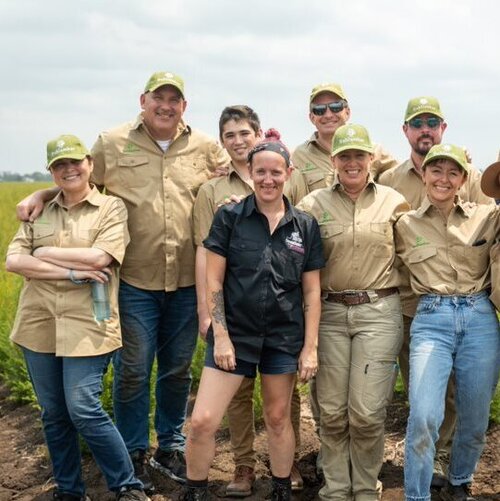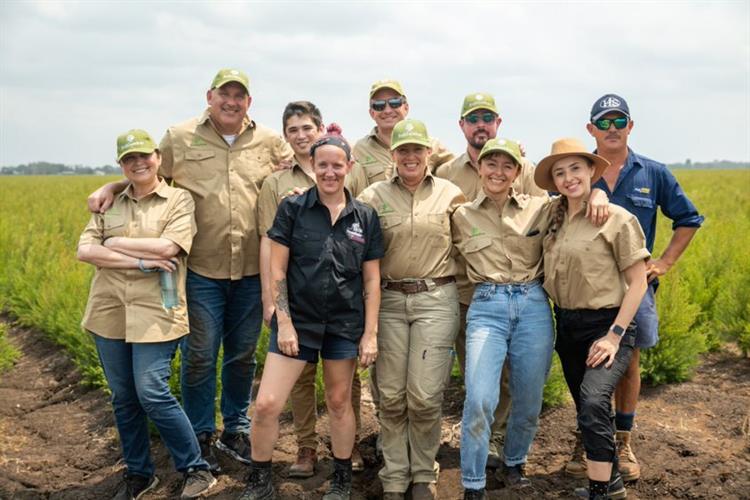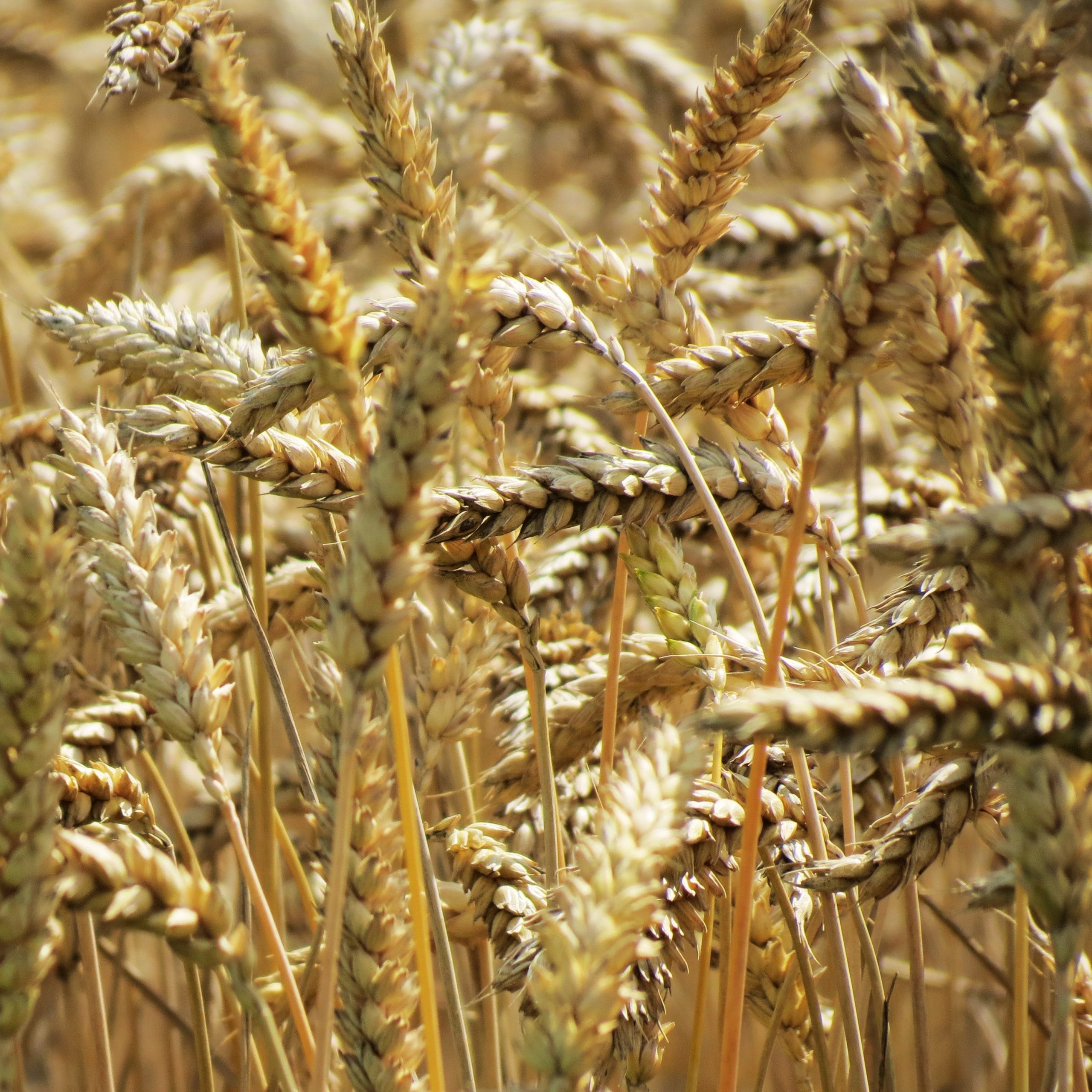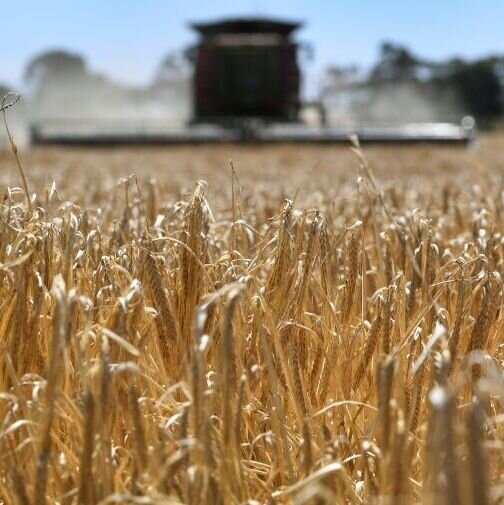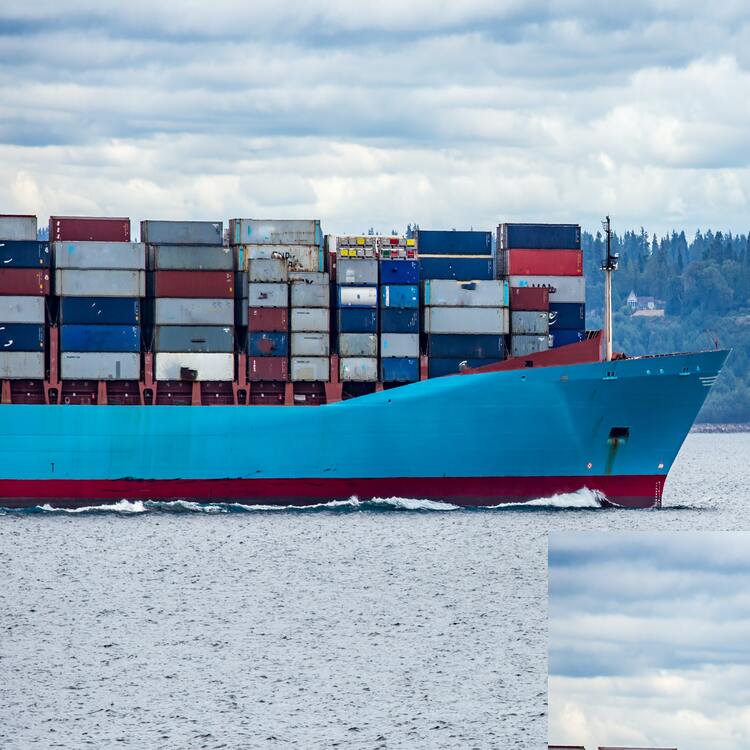Supporting balance of work at home and in the office
So, fast forward to 2021 and the biggest change we have seen from a recruitment perspective is that employees want to continue to “Work At Home”.
Below are a few points that may make you think twice before asking your team to come into the office


